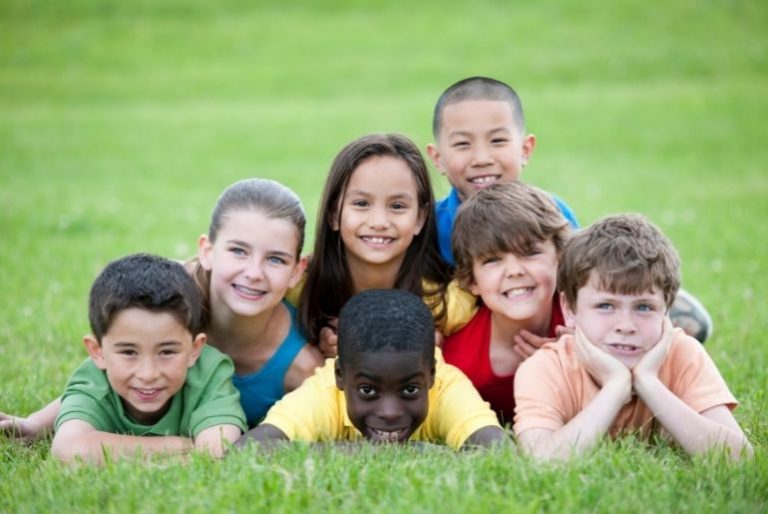We provide all the advice you need on the signs, symptoms, treatments and risks of roseola, or sixth disease. We also offer some simple tips on how you can treat and manage your child with roseola at home.
What is roseola?
Roseola, otherwise known as sixth disease as it’s one of the 6 common childhood diseases, is a very common infection caused by the herpes group of viruses (the same group that causes cold sores and chickenpox). It most often affects children between 6 months and 2 years old, and begins with a high fever followed by a rash after 3 – 5 days. Doctors may sometimes call it Sixth Disease, baby measles or ex-anthem subitum (its medical name).
The symptoms can sometimes resemble those of scarlet fever, but the virus is not considered serious or dangerous – apart from ensuring the child’s temperature does not become so high it causes a febrile seizure or fit.
Roseola is considered contagious during the time your child has a fever. The virus is spread through coughing and sneezing and also in saliva. The incubation period (from first exposure to the virus until symptoms appear) is 9 – 10 days.
Roseola is characterised by the sudden onset of a high temperature, without any other symptoms of cold or of the child feeling unwell. The fever then suddenly drops and the rash appears.
What are the signs and symptoms of roseola?
- Sudden fever lasting 3 – 5 days
- Temperatures may be as high as 38.9° – 40° and go up and down in waves
- Then the fever disappears and a smooth rash of pink or red spots starts on body and spreads to face and arms
- The rash will turn white under pressure
- The rash is not itchy
- Spots may have a white ring around them
- The rash normally fades after 2 – 3 days
Some children may also:
- Have a runny nose and swollen eyelids
- Be tired and irritable
- Lose their appetite
- Have mild diarrhoea
What does the roseola rash look like?
The roseola rash is usually very subtle, and many parents may not even notice the rash, which will disappear as quickly as it appeared, if at all. Usually the rash causes no complications at all. But if your child does get itchy, something as simple as rubbing on coconut oil should suffice.
If the rash does become sore, or angry, or last longer than 3 days, you may wish to seek further medical advice.

Do you need to see a doctor for Roseola?
- Roseola is caused by a virus so doctors will not prescribe antibiotics
- You may want to see a doctor to confirm your child has roseola – particularly if their temperature is very high
- For general measures to nurse your child at home see – ‘What can I do?’
Risks and complications of roseola
Babies whose temperature becomes very high can have a febrile seizure or fit. Call for emergency medical help if this ever happens. Experts say 5 – 15% of young children with roseola may have a febrile seizure.
A febrile seizure is characterised by:
- Rapid jerky twitching of limbs and body for a few seconds to a few minutes
- A loss of consciousness in your child
- Loss of control of bladder or bowel
- Being irritable on waking up
- Although seizures can look frightening they are usually harmless
Roseola can also be a risk to any child or adult who has a compromised immune system. For example, someone with leukemia, or someone undergoing chemotherapy treatment or who has had a bone marrow transplant. Sick children need to be kept away from these people.
What can I do for my child with roseola?
- Give plenty of fluids
- Paracetamol can be given to help the fever, checking the bottle for the correct dose for age
- Tepid sponge face, body and limbs if temperature is high
- Ensure your child is wearing cool, cotton loose fitting clothes
- Keep the room cool in which your child sleeps
- Ensure your child gets plenty of rest
Now that you know more about roseola, you may want to arm yourself with more expert health advice, see our Common childhood illnesses section.





